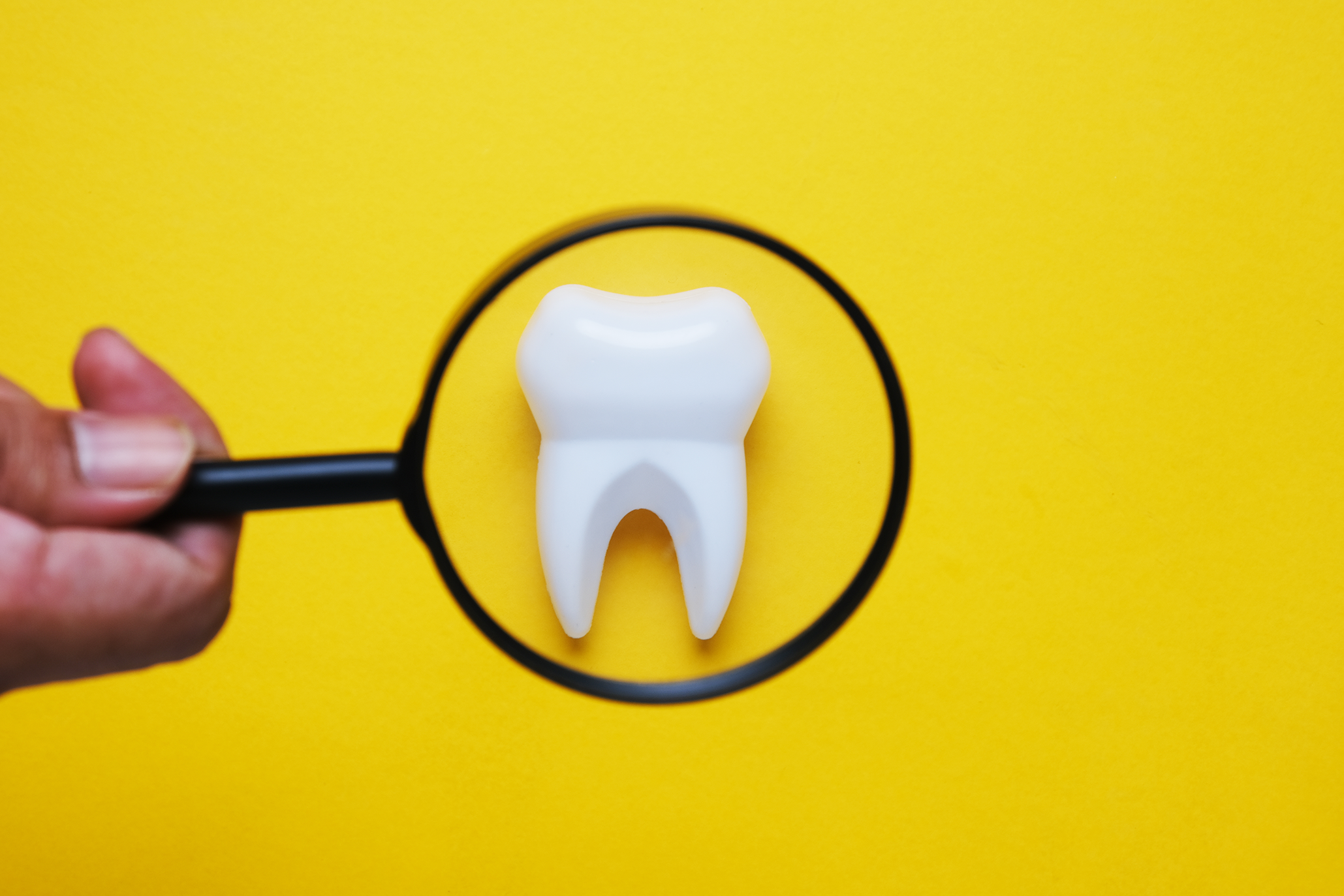Creating Natural Beauty With Extraordinary Smiles

Verber Family Dentistry
Dental Care You Can Trust
Thinking about visiting the dentist doesn’t have to cause anxiety! At Verber Family Dentistry we make it our priority to give you the best experience possible.
Here’s how:
- Personalized care
- Comfortable office atmostphere
- Judgement free attitude
- Relationships built on trust
“Extraodinary Today, Better Tomorrow”
Services
Restorative
From fillings, bonding, chipped and cracked tooth repair, dental crowns, inlays and onlays and more, our restorative care team can get your smile back in shape!
Preventative
Routine dental care including, cleanings, gum disease treatment, tobacco cessation, oral cancer screenings, systemic diseases, and children’s dentistry.
Relieve & Replace
We want our patients to be comfortable and free of TMJ pain, and Sleep Apnea Complications. We can offer these services as well as dental implants, bridges, and dentures to offer you better dental comfort.
Cosmetic
Dental care to make you proud of your smile including veneers, teeth whitening, smile makeovers, Invisalign, implants and other cosmetic services
Why People Love Verber Family Dentistry
See what our clients are saying about us online!












Beautiful Office, Modern Tech
From our state of the art dental technology to our breath taking view of the Conodoguinet Creek, we make sure you have the best experience possible.
Located in camp hill
From the very moment you contact our team at our Camp Hill dentist office for a dentist appointment, we will make sure you receive a dental experience that’s unmatched in Central PA. Our team is dedicated to providing extraordinary care that is personalized to every patient, so you will feel the full benefits of stress-free and custom-tailored dental treatment during every visit to our Camp Hill dental office.
Phone
(717) 737-4337
Location
3920 Market Street
Camp Hill, PA 17011
Office Hours
Mon: 8:00am – 7:00pm
Tue: 7:30am – 5:00pm
Wed: 8:00am – 7:00pm
Thu: 7:30am – 5:00pm
Fri: 7:00am – 3:00pm
Sat: 8:00am – 1:00pm

